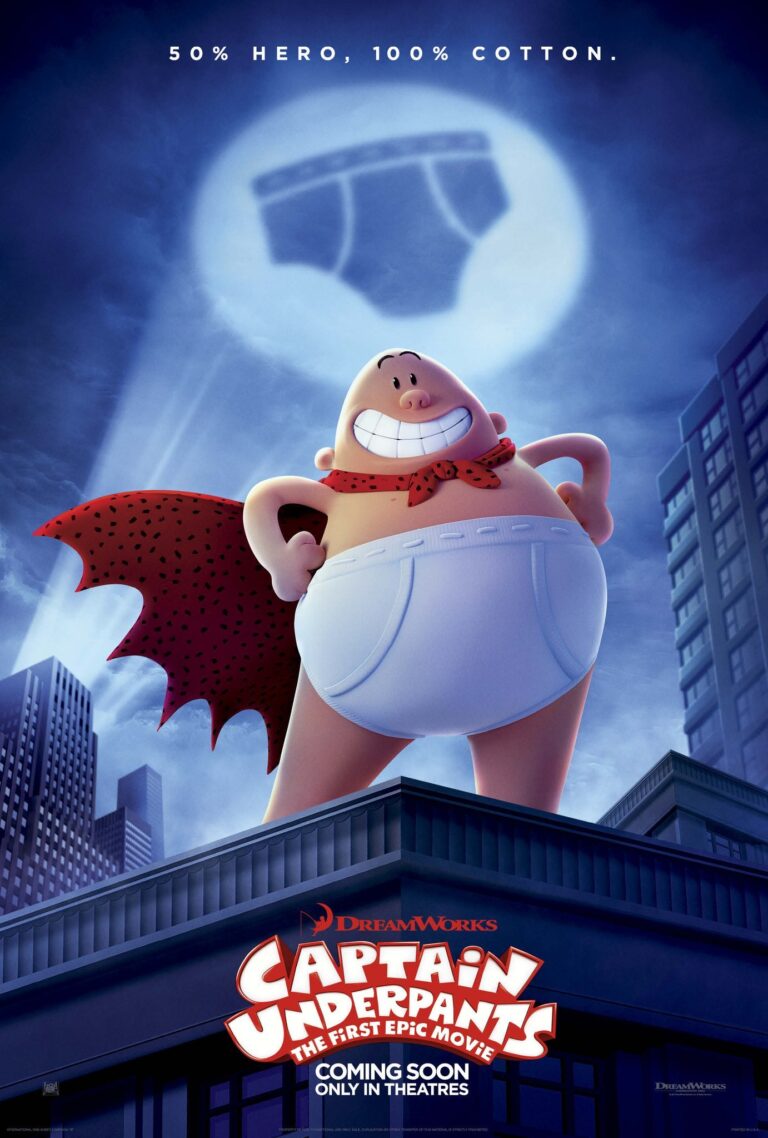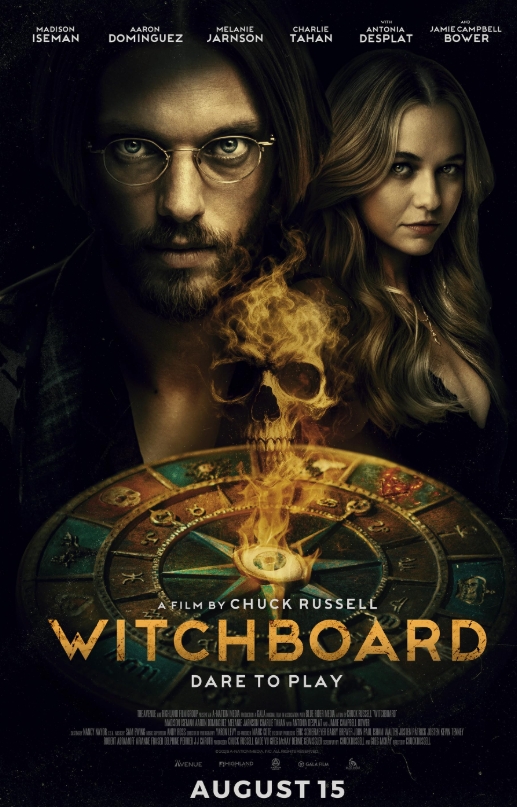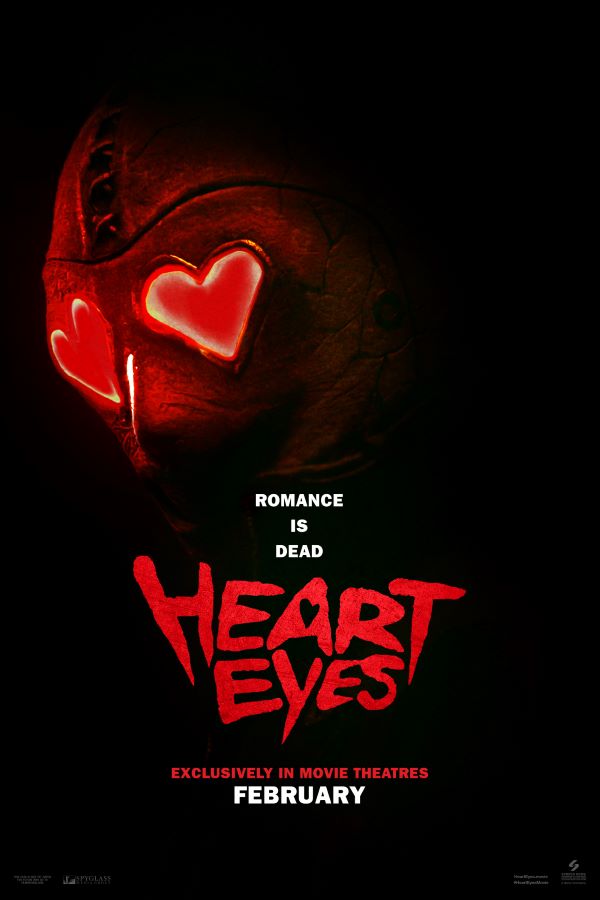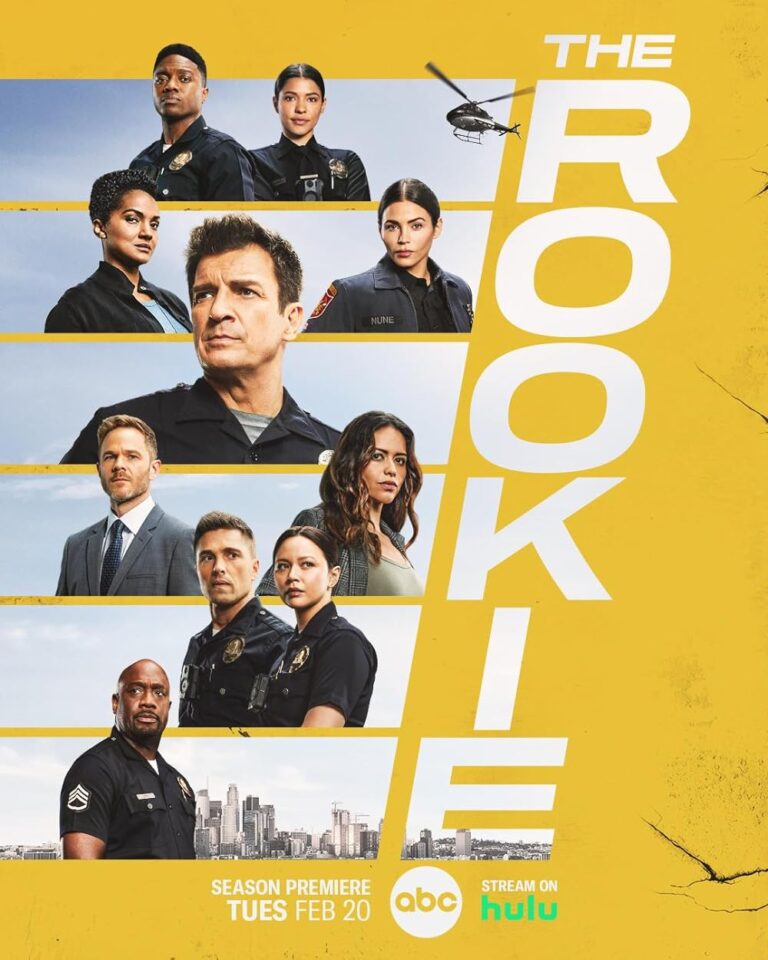Eureka Christian Review
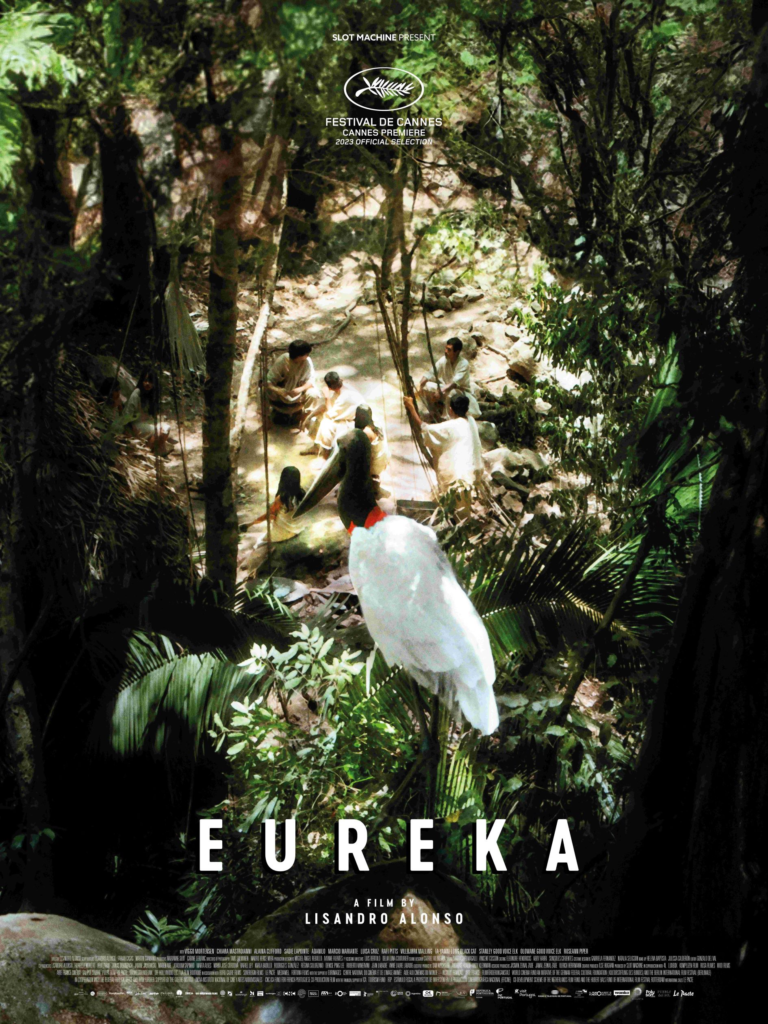
Eureka wants to be a lot of things. It wants to talk about the erasure of cultures, the silencing of voices, and, in its own way, the fall of humanity. But does it succeed in saying all of that? It’s a film that, from the outside, appears loaded with intention. It’s got that familiar Western genre setting, but it’s not your classic gunslinger flick. No, it’s got much bigger ambitions. The problem is, ambition doesn’t always translate to execution. So here we are—looking at this film through a Christian lens, trying to unravel its deeper messages, while also grappling with the fact that it’s kind of a slog.
The Silenced and Forgotten
Let’s start with one of Eureka’s most commendable goals: giving voice to the voiceless. This is not your typical tale of heroes and villains. Instead, the film zooms in on people and cultures that have historically been erased, ignored, or reduced to stereotypes. In a world where mainstream cinema often sticks to stories of the dominant or the powerful, Eureka is trying to go the other way. It’s attempting to amplify those who’ve been left out of the conversation.
And that’s something we, as Christians, should be tuned into. Time and again, the Bible shows us that God’s heart is with the marginalized. Jesus himself spent his time with people on the fringes of society—sinners, tax collectors, the poor, the sick. There’s a passage in Matthew 25:40 where Jesus says, “Whatever you did for one of the least of these brothers and sisters of mine, you did for me.” That’s essentially what Eureka is trying to get at. It’s looking at the overlooked and saying, “Hey, these people matter too.”
In a culture obsessed with strength, power, and success, Eureka invites us to slow down and pay attention to the forgotten. The movie takes its time—too much time, really—but it’s doing so to make us sit with the reality that there are stories that have been silenced, cultures that have been destroyed, and people who have been erased. As Christians, that should make us uncomfortable. It should prick our conscience and remind us of our calling to speak up for those who cannot speak for themselves (Proverbs 31:8-9).
Humanity’s Fall on Display
Now, Eureka also touches on a broader theme: the fall of humanity. And I don’t mean a single catastrophic event, but a slow, grinding, collective fall. It looks at how the destruction of certain cultures is symbolic of a larger, more insidious pattern. People exploiting people. Greed driving human decisions. The erasure of one group for the advancement of another. It’s not new, and sadly, it’s part of our human story since the fall of Adam and Eve.
From a biblical perspective, Eureka taps into a truth we already know: humanity is broken. It’s right there in Genesis, the moment Adam and Eve disobey God, the world fractures. Sin enters, and with it comes death, destruction, exploitation, and all the other horrors we’ve seen play out in history. The film doesn’t preach this, but it shows the results. Cultures that are wiped out. People who are left behind. The human cost of power and greed. It’s all part of our collective downfall, and in that sense, Eureka aligns with the Christian understanding of sin’s deep impact on the world.
But here’s the thing. While the film shows us this downward spiral, it doesn’t seem to offer much hope. And that’s where, as a Christian, I find myself longing for something more. Yes, the fall is real, and yes, it’s ugly. But the story doesn’t end there. The beauty of the Christian message is that redemption is possible. Through Christ, there’s a way out of the cycle of sin and destruction. Eureka shows us the problem but doesn’t point us toward any kind of solution, and that’s where it falls short for me.
The Long, Winding Road
Let’s talk about the pacing. Because while Eureka has noble intentions, it’s just so slow. I get it—sometimes a film needs to take its time to let the message sink in, to make you feel the weight of what’s happening. But there’s a difference between intentional pacing and just dragging things out. And unfortunately, Eureka often feels like the latter.
There are moments when you feel like the movie is about to go somewhere—when it feels like it’s building up to something profound. But then it stalls, leaving you wondering if it’s lost its way. It’s a little like trying to walk through molasses. You’re moving forward, but barely, and the weight of the film’s themes can’t quite carry you all the way through.
From a Christian storytelling perspective, pacing matters. Even in Scripture, where you’ve got dense genealogies or long histories, there’s always a forward motion, a sense that things are moving toward a goal. Whether it’s the anticipation of Christ’s coming or the unfolding of God’s redemptive plan, the Bible always has direction. Eureka, on the other hand, feels like it’s meandering without a clear end in sight.
Misshapen Yet Meaningful
So, what are we left with? Eureka is a film with important things to say about humanity’s fall, the erasure of cultures, and the silencing of the oppressed. From a Christian viewpoint, these are themes we should care about deeply. But the film’s execution leaves a lot to be desired. It’s slow. It’s cumbersome. And ultimately, it feels a little misshapen, like it’s trying to do too much without really hitting the mark.
There’s no denying the heart behind Eureka. It’s trying to draw attention to people and stories that often go unheard. It’s a reflection of our fallen world and the damage we’ve done to each other through sin and selfishness. But at the end of the day, it feels like a film that’s more burdened by its own weight than it needs to be. As Christians, we can appreciate its attempt to humanize the silenced and highlight the brokenness of humanity, but we’re also left wanting more—more hope, more redemption, more direction.
A Film to Wrestle With
Eureka isn’t a film you watch and forget about. It’s one that makes you wrestle with big ideas and deep truths, especially if you’re viewing it through a Christian lens. The themes of marginalization, destruction, and the fall of humanity resonate with biblical teachings, but the film’s sluggish pacing and lack of clear direction make it a difficult watch.
It’s a reminder that while art can reflect truth, it doesn’t always do so perfectly. Eureka gets some things right—it cares about the voiceless, it recognizes the impact of sin, and it wants to make you think. But as a piece of storytelling, it struggles to keep you engaged long enough to really deliver on its promises.
Rating: 5/10. Eureka has its heart in the right place, but its execution leaves you wading through slow, murky waters. There’s value here, but it takes a lot of patience to find it.


